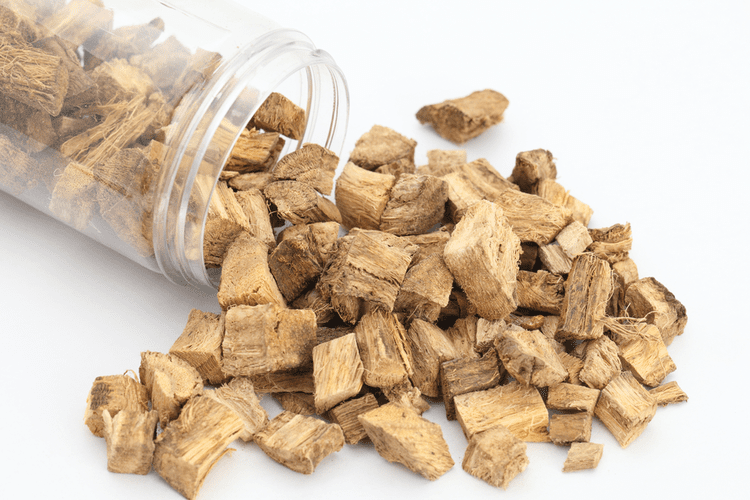How to Help an Alcoholic Stop Drinking: 14 Steps with Pictures
The pathway to healing and recovery is often a process that occurs over many years. Addiction not only involves the individual suffering, but their partner, their family, and their friends as well. Loved ones can provide immeasurable support, but they almost take care of themselves throughout an often difficult journey. Some have criticized Alcoholics Anonymous and other 12-step programs because they are https://ecosoberhouse.com/ rooted in religious ideology rather than scientific principles. Some also disagree with the notion of admitting powerlessness to God or a higher power and completely ceding control, and the belief that addiction is a disease, a point vigorously debated in the clinical and scientific communities. Some people prefer to try cutting back or quitting on their own before committing time and money to rehab.
Drugs used for other conditions — like smoking, pain, or epilepsy — also may help with alcohol use disorder. Others may want one-on-one therapy for a longer time to deal with issues like anxiety or depression. Alcohol use can have a big effect on the people close to you, so couples or family therapy can help, too. Milder cases — when people abuse alcohol but aren’t dependent on it — are as well. As anyone who has had even a glass of wine can attest, alcohol can have a noticeable influence on mood. Drinking releases endorphins which can lead people to feel happy, energized, and excited.
Diagnosis
Alcohol use disorder (AUD), commonly referred to as alcoholism or alcohol addiction, does not follow the same course for everyone. Although it can be a life-long recovery journey for some, we now know people can successfully recover with varying levels of support and treatment. However, even with this great accomplishment, it’s also important to remember that this is just the beginning. Having consistent accountability and support can make all the difference when it comes to abstaining from alcohol long-term. Mental and emotional symptoms occur long before physical symptoms appear. If behavioral or mental symptoms aren’t appropriately treated, long-term alcohol abuse can lead to physical complications such as cirrhosis of the liver, chronic brain deterioration and, the most serious consequence of all, death.
For more information on symptoms, causes, and treatment of alcohol use disorder see our Diagnosis Dictionary. Because a person may experience one or more relapses and return to problem drinking, it can be crucial to have a trusted psychologist or other health professional with whom that person can discuss and learn from these events. If the drinker is unable to can alcoholism be cured resolve alcohol problems fully, a psychologist can help with reducing alcohol use and minimizing problems. A definition of recovery that facilitates research to better understand this process hopefully will lead to better ways of helping individuals conquer this addiction. With the Sinclair Method, Revia or Vivitrol is taken one hour before drinking alcohol.
Ways to Prevent Relapse
This confrontation triggered a more intense drinking binge that ended only hours before his arrival in the emergency room. The patient complained of irritable mood and increased feelings of guilt during the past week, and he admitted he had been drinking heavily during that period. However, he denied other symptoms and signs of a major depressive episode during that period. While establishing this chronological history, it is important for the clinician to probe for any periods of stable abstinence that a patient may have had, noting how this period of sobriety affected the patient’s psychiatric problems. By using this timeline approach, the clinician generally can arrive at a working diagnosis that helps to predict the most likely course of the patient’s condition and can begin putting together a treatment plan. In a study of 2,954 alcoholics, Schuckit and colleagues (1997a) found that patients with alcohol-induced depression appear to have different characteristics from patients with independent depressive disorders.

If you want to help, you first need to determine if the person is actually an alcoholic. In the 1980s, animal studies discovered that naltrexone also reduced alcohol consumption. These showed that when combined with psychosocial therapy, naltrexone could reduce alcohol cravings and decrease relapse rates in alcoholics. Thanks to years of research, doctors and health professionals now have multiple options to treat alcohol use disorders.
Residential treatment programs
Treatment centers should ideally have rigorous and reliable screening for substance use disorders and related conditions. They should have an integrated treatment approach that addresses other mental and physical health conditions. They should emphasize linking different phases of care, such as connecting patients to mental health professionals, housing, and peer support groups when transitioning out of the acute phase of care. They should also have proactive strategies to avoid dropping out, involve the family in treatment, employ qualified and certified staff, and be accredited by an external regulatory organization. For example, there is considerable heterogeneity in treatment response to naltrexone, which may vary in efficacy in some individuals. Recent studies conducted to determine whether certain patients may benefit more from naltrexone have yielded mixed findings (95).



